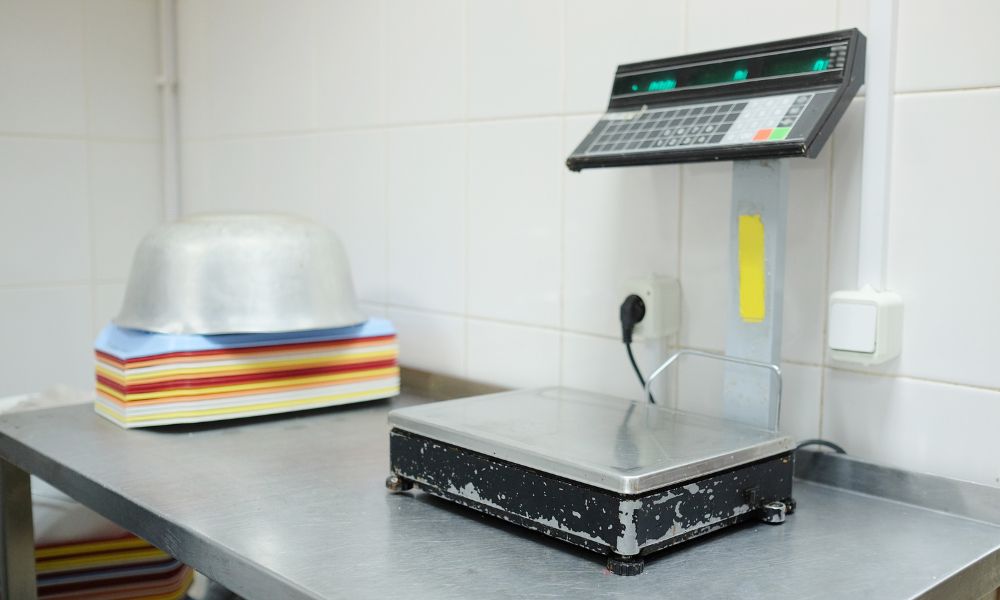Industrial scales are essential in various sectors, including manufacturing, retail, and logistics. They play a pivotal role in maintaining the smooth operation of these industries. Their ability to provide precise measurements is integral to processes like quality control, where the tiniest error can lead to significant consequences, and inventory management, where accurate data is necessary.
The efficiency and reliability of these indispensable tools rely on regular maintenance. Poorly maintained scales can lead to inaccurate measurements, potential losses, and a ripple effect of delays and inefficiencies across operations. These five maintenance tips for industrial scales will help you maintain their accuracy for optimal results and maximize their lifespan.
Regular Cleaning
Regular cleaning is the first step toward keeping industrial scales functional. Dirt, dust, and debris can distort weight readings and potentially damage sensitive components. To clean your equipment, you should use a soft brush to remove any surface debris. For stubborn grime, use a mild detergent and a soft cloth. Avoid using harsh chemicals or abrasive materials, as they may damage the materials.
Routine Calibration
Calibration ensures your industrial scales provide accurate readings. Over time, factors like temperature changes, wear and tear, or shifts in the gravitational field can affect the accuracy of the scales. Because of these factors, routine calibration is essential. Always refer to the manufacturer’s instructions for the recommended calibration intervals.
Professional Servicing
While regular cleaning and inspections are things you can do on your own, it’s essential to have professionals service your industrial weigh scales to maintain efficiency. A professional can perform a detailed inspection and carry out necessary repairs or replacements, ensuring the longevity and accuracy of your tools.
Protect Scales from Overload
Overloading is one of the primary causes of damage. Every scale has a maximum weight limit specified in the manufacturer’s manual. Exceeding this limit can strain the digital sensors and lead to inaccurate readings or even permanent damage. Always be aware of the weight capacity of your scales and ensure you stay under the limit.
Regular Inspection
Regular inspections can help identify issues before they become significant problems that could cause downtime and delays. Look for signs of wear and tear, check if the display is clear and easy to read, and ensure there are no loose parts. Also, check the scales for levelness, as an unlevel scale can provide inaccurate readings.
Industrial scale maintenance should always be a top priority for business operations. Well-maintained equipment isn’t just an investment but also a cornerstone to running a successful and efficient business.
If you need professional servicing or further advice on maintaining your industrial scales or getting a new one, don’t hesitate to call us today! We’re here to help you ensure the accuracy, reliability, and longevity of your industrial scales.
